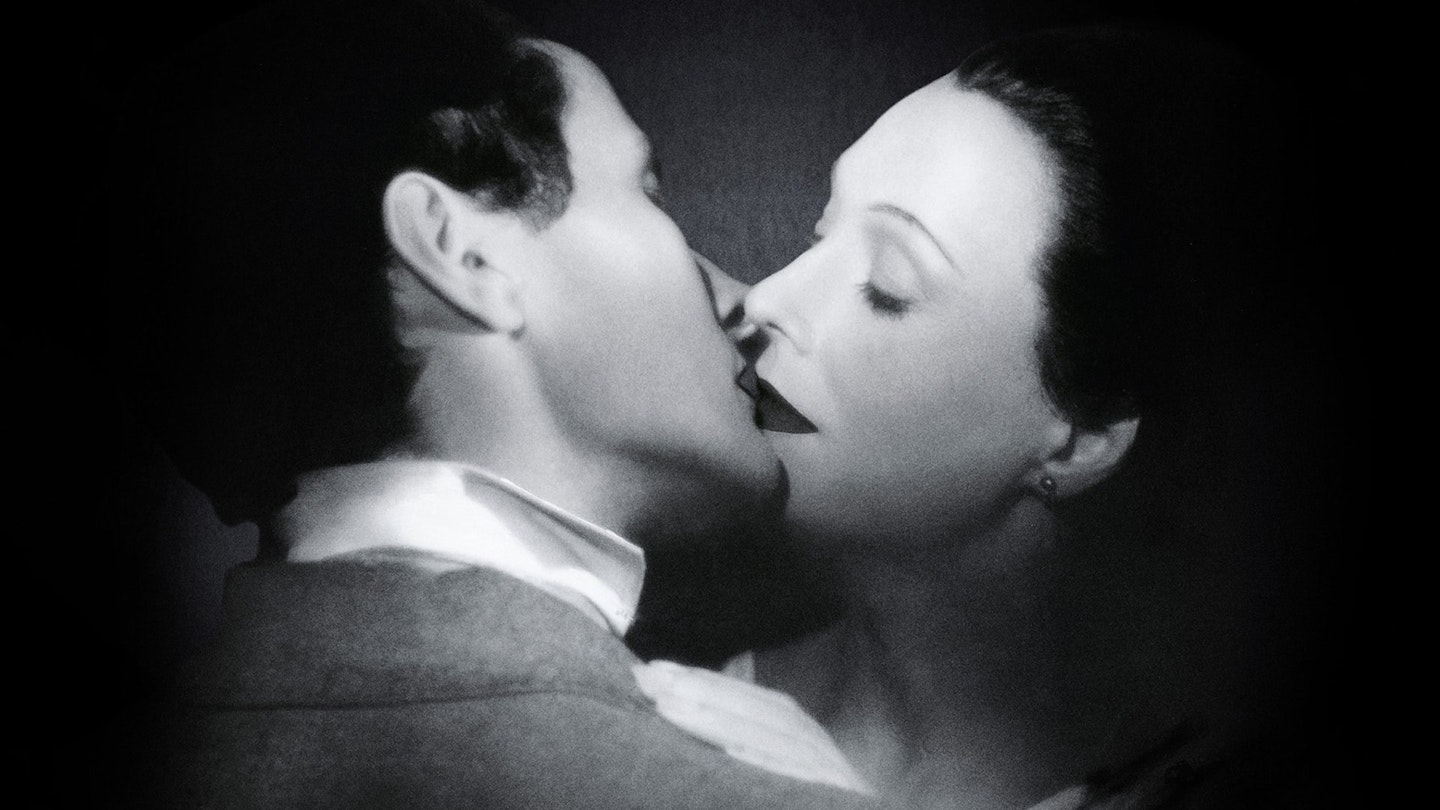Marcel Carne's wonderful film can barely be contained on the screen bursting is it with the stuff of life on the Boulevard Du Crime in 19th Century Paris, a life so vibrant that it threatens to spill from every frame and carry on an existence of its own elsewhere. And that this much-chronicled black-and-white masterpiece should still serve such a giddying feast for the senses is all the more extraordinary when you consider it was first released in 1945, returning here in all its former glory with a new print and restored soundtrack undimmed by the passing of time.
Made in two parts and screened complete with a 10-minute interval Carne's story is, broadly, a meditation on the nature of art and life in a world of theatre and crime where one becomes imperceptibly entwined with the other. At its heart revolves a universal tale of unrequited love in which a motley cast of thesps and ne'er-do-wells Lacenaire (Marcel Herrand), a murderous dandy; Frederick Lemaitre (Brasseur), a classical actor; the wealthy Count Of Monteray (Louis Salou); and, most charmingly, Baptiste Dubureau, a famous mime woo Arletty's exotic, enigmatic whore who, inevitably, leaves breaking hearts in her wake.
Farcical and tragic, this taps into life's rich seam with a rare delicacy and insight, paying such lavish attention to detail that even at over three hours it's a delicious indulgence that lasts not a moment too long.
